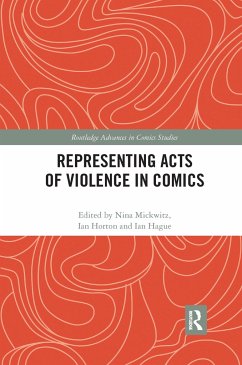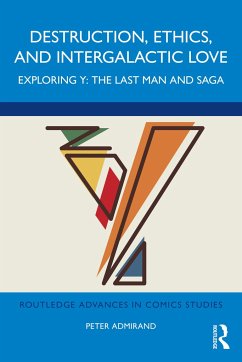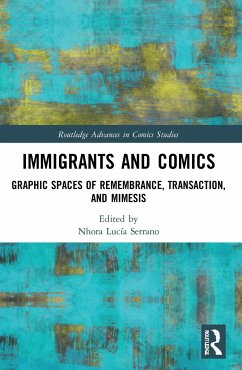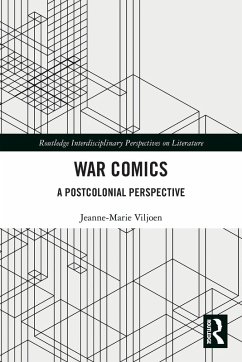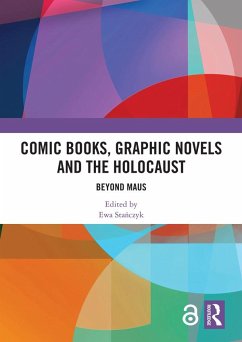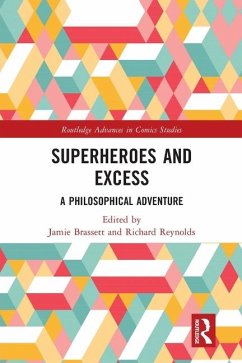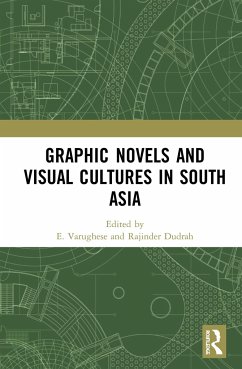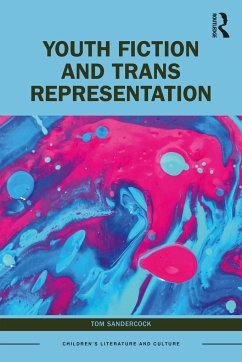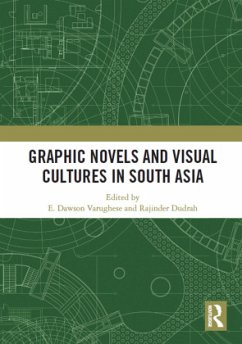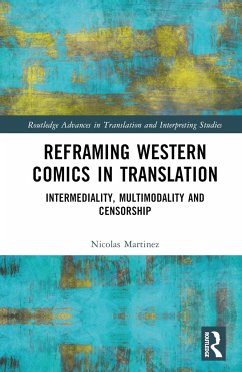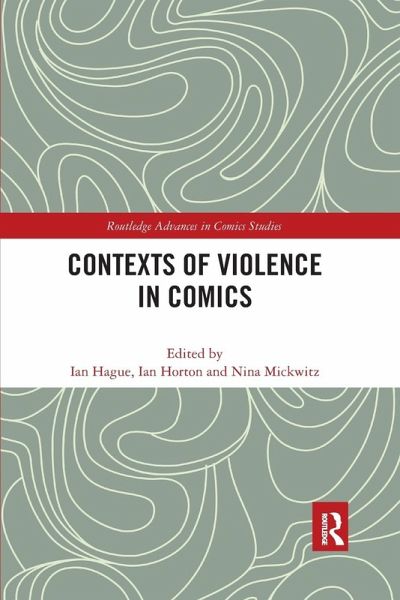
Contexts of Violence in Comics
Versandkostenfrei!
Versandfertig in 6-10 Tagen
45,99 €
inkl. MwSt.

PAYBACK Punkte
23 °P sammeln!
This book is part of a nuanced two-volume examination of the ways in which violence in comics is presented in different texts, genres, cultures and contexts.Contexts of Violence in Comics asks the reader to consider the ways in which violence and its representations may be enabled or restricted by the contexts in which they take place. It analyzes how structures and organising principles, be they cultural, historical, legal, political or spatial, might encourage, demand or prevent violence. It deals with the issue of scale: violence in the context of war versus violence in the context of an in...
This book is part of a nuanced two-volume examination of the ways in which violence in comics is presented in different texts, genres, cultures and contexts.
Contexts of Violence in Comics asks the reader to consider the ways in which violence and its representations may be enabled or restricted by the contexts in which they take place. It analyzes how structures and organising principles, be they cultural, historical, legal, political or spatial, might encourage, demand or prevent violence. It deals with the issue of scale: violence in the context of war versus violence in the context of an individual murder, and provides insights into the context of war and peace, ethnic and identity-based violence, as well as examining issues of justice and memory.
This will be a key text and essential reference for scholars and students at all levels in Comics Studies, and Cultural and Media Studies more generally.
Contexts of Violence in Comics asks the reader to consider the ways in which violence and its representations may be enabled or restricted by the contexts in which they take place. It analyzes how structures and organising principles, be they cultural, historical, legal, political or spatial, might encourage, demand or prevent violence. It deals with the issue of scale: violence in the context of war versus violence in the context of an individual murder, and provides insights into the context of war and peace, ethnic and identity-based violence, as well as examining issues of justice and memory.
This will be a key text and essential reference for scholars and students at all levels in Comics Studies, and Cultural and Media Studies more generally.





